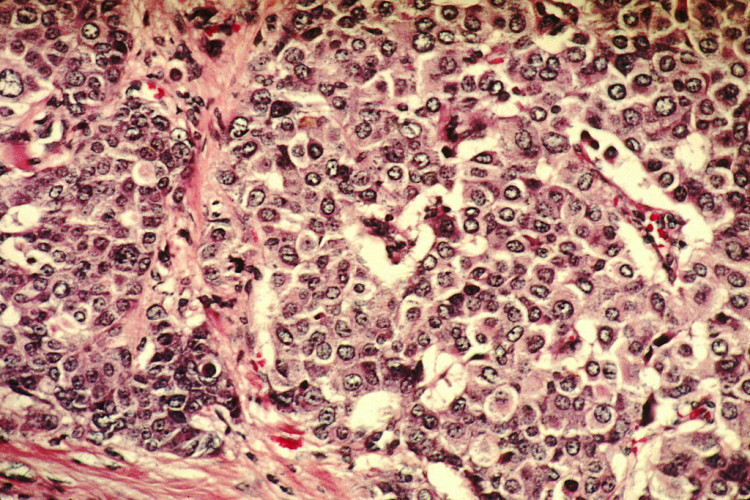An Israeli company previously claimed they could deliver a complete cancer cure in one year, but experts doubted this and said the promised time frame seemed to be questionable.
Researchers and scientists working in an Israeli company - Accelerated Evolution Biotechnologies Ltd. (AEBi) - made headline back in late January. In a report from the Jerusalem Post, board chairman Dan Aridor told the outlet they are one step closer of delivering cancer cure within a year. He said it could be out by January 2020, which will be effective from day one and will last within a few weeks without, or at least, with minimal side-effects.
The AEBi's cancer cure is developed through multi-target toxin (MuTaTo), and it uses peptides (amino acids compounds), as peptides were reportedly cheaper and easier to work with, rather than antibodies. The company has also started working on patenting the peptides at the time of their announcement of their cancer cure project.
Ilan Morad, the CEO of AEBi, revealed they'd finished their first exploratory mice experiment last month. He said the results seemed to be positive and their findings are "consistent and repeatable." However, although the company's claims of delivering complete cancer cure sound promising, experts believe their one-year time frame is unlikely.
The company has yet to publish their study on a medical journal as they can't reportedly afford it just yet. But this is an important step, considering it is a major cancer cure project. Through this, experts and other peers could review AEBi's finding so they could provide support and points of improvements if necessary.
Meanwhile, American Cancer Society's Dr. Leonard Lichtenfeld noted on his blog that the company's claim remains to be a "news report" at the moment as it should be published on medical journals. His colleagues at the American Cancer Society also told him peptide display techniques had had a difficult road as potential drugs. Thus, if they're just starting with clinical trials, they could be facing more difficult experiments ahead.
While Dr. Lichtenfeld noted the company's approach might work, he said the project was only conducted on mice - which could be filled with unforeseen and unanticipated obstacles. He said further research is needed to confirm the approach is similarly beneficial and effective among cancer patients. But, it would take some time to prove the benefit this "cancer cure project," and based on the previous claims of breakthrough technologies, he said it wouldn't likely be successful as well.






